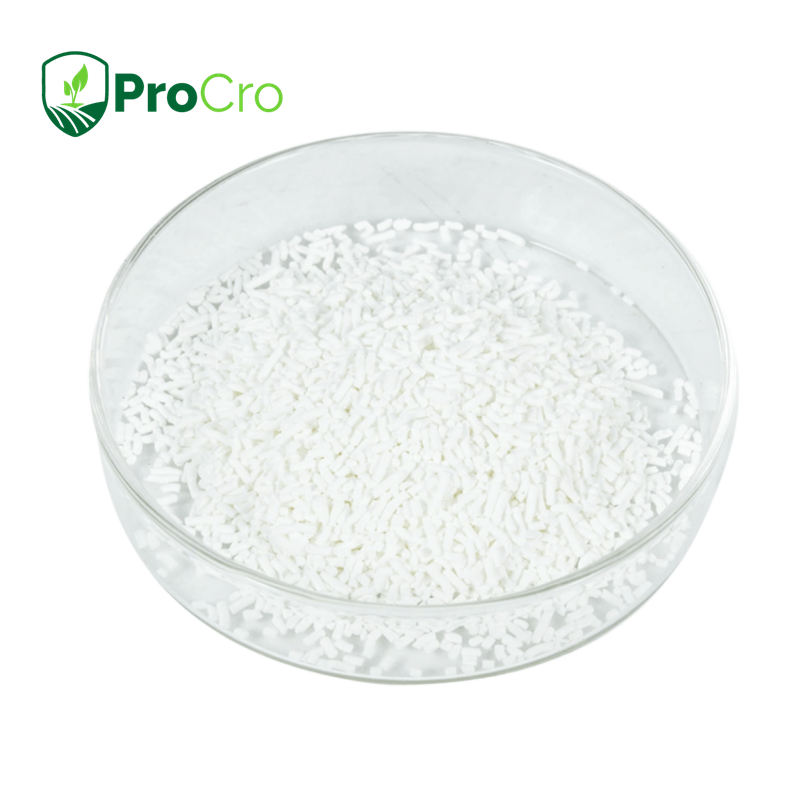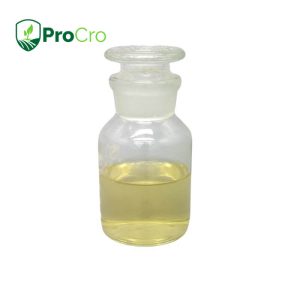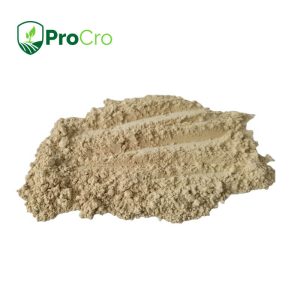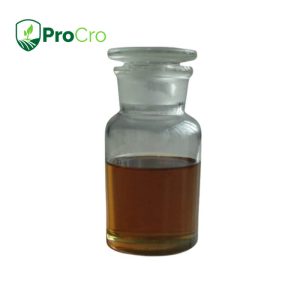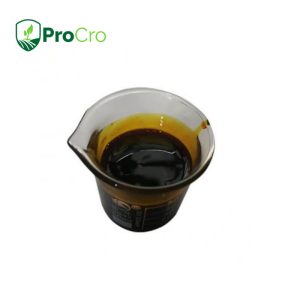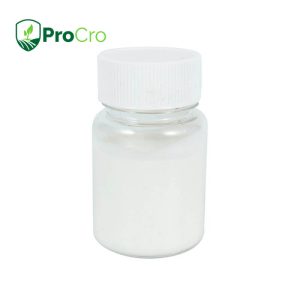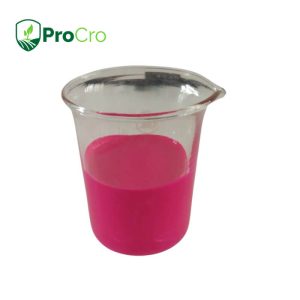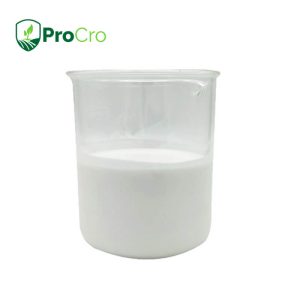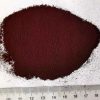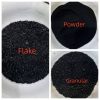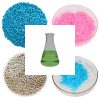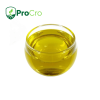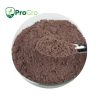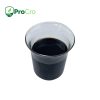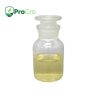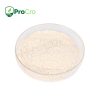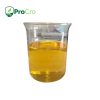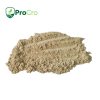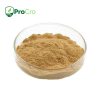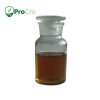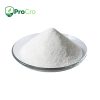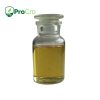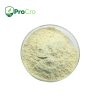Product Details of Acephate
| Product name | Acephate |
| Tech grade | 95%TC |
| Formulation | 75%SP,30%EC,40%EC,90%SP· |
| Molecular formula | C4h10no3PS |
| CAS No. | 30560-19-1 |
| EINECS No. | 250-241-2 |
| Shelf life | 2 Years |
Application
Pests of Rice:
Acephate has strong systemic absorption and is effective against rice leafhoppers and planthoppers. Applying it during the early nymph stage can control pest damage for up to a month. For young larvae of the rice leaf folder, using Acephate alone can achieve good results, while for older larvae, mixing it with other insecticides like Fipronil enhances effectiveness. The residual activity of acetamiprid against the rice stem borer is relatively short; mixing it with insecticides like Monosultap or triazophos can extend its efficacy.
Pests of Vegetables:
Acephate is effective against aphids on vegetables, with a long residual effect. For young larvae of cabbage caterpillars and armyworms, acephate shows good efficacy, but for older larvae, it can be mixed with pyrethroid insecticides for better control. For diamondback moths, combining acephat with fipronil and abamectin not only provides rapid action but also extends the residual effect. It is important to note that some varieties of beans are sensitive to acephate, so caution is advised.
Pests of Cotton:
Acephate is effective against aphids and spider mites on cotton. Using it alone or in combination with abamectin and pyrethroid insecticides provides good control of cotton bollworms and other pests.
Pests of Fruit Trees:
Applying acephate during the egg-hatching peak of peach and pear fruit flies can effectively kill newly hatched larvae, preventing them from boring into the fruit and affecting fruit quality. Acephate has strong systemic absorption and is effective against citrus red mites and scale insects, with notable efficacy in controlling both mites and scales. Using acephate in combination with glyphosate or paraquat as a cleaning agent for fruit trees can simultaneously eliminate weeds and kill remaining pests and their eggs that have not yet reached the trees, achieving a more efficient result.

